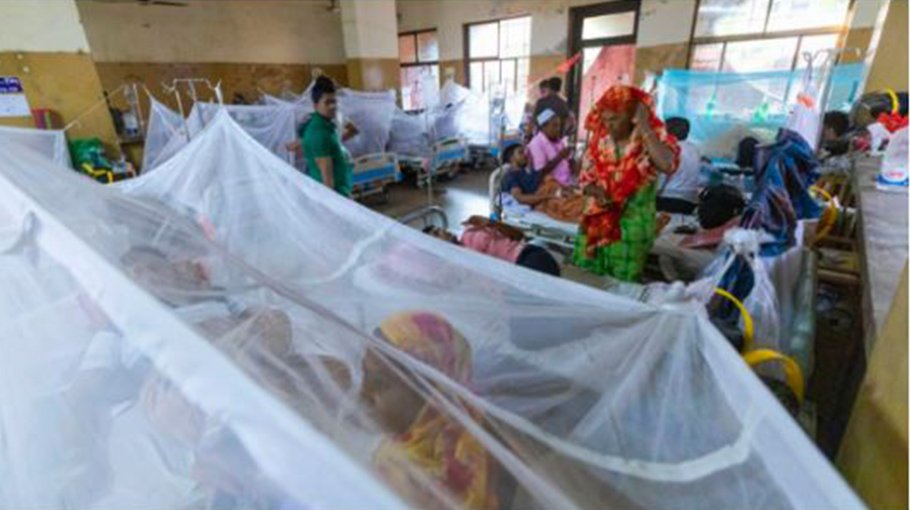Dengue deaths spike over 75pc in Chattogram

The death toll from dengue in Chattogram increased by 75% in August compared to July this year. At the same time, the number of patients was up by more than 30%, according to the district civil surgeon's office.
Chattogram has seen a record number of dengue deaths this year.
According to the information of the Chittagong District Civil Surgeon's office, 53 people have died due to dengue in Chittagong so far. Among them, 28 people died in the month of August. Which is 53.83% of total deaths. 16 people died in July.
In addition, 5,787 people have been infected with dengue so far in the city. Out of which, 3,011 people were infected in the month of August only -which is 52.03% of the total affected. 2,311 people were infected in July; accordingly, 30.28% more patients were affected in August than in July.
According to the data from the civil surgeon's office, 77 people were infected with dengue in January this year, 22 people in February, 12 people in March, 18 people in April, 53 people in May, 283 people in June, 2,311 people in July and 3,011 people in August. Three people died in January, six in June, 16 in July and 28 in August. However, no patient died from February to May.
Meanwhile, 90 more people have been infected with dengue in the last 24 hours in Chattogram. Among the newly infected, 22 patients were admitted to Chattogram Medical College (CHMEC) hospital, eight patients were admitted to Chattogram General Hospital, five patients were admitted to CMAH, eight patients were admitted to Upazila Health Complex and 47 patients were admitted to private hospitals.
Bangladesh is grappling with a sudden rise in dengue cases this year, as the country has already recorded 125,342 cases and 597 deaths since the beginning of 2023.
A total of 8,348 dengue patients, including 3,818 in the capital, are now receiving treatment at hospitals across the country.
Meanwhile, the World Health Organization (WHO) urged swift action as dengue cases surge in Bangladesh.
“The higher incidence of dengue is taking place in the context of an unusual episodic amount of rainfall, combined with high temperatures and high humidity, which have resulted in an increased mosquito population throughout Bangladesh,” WHO said.
According to the researchers, dengue fever is caused by the dengue virus, which belongs to the Flaviviridae family. There are four distinct serotypes of the dengue virus: DEN-1, DEN-2, DEN-3, and DEN-4.
These serotypes are closely related but differ slightly in their genetic makeup, leading to variations in their antigenic properties. When a person is infected with one serotype of the dengue virus, they develop immunity to that specific serotype. However, this immunity does not provide protection against the other serotypes, according to researchers.



